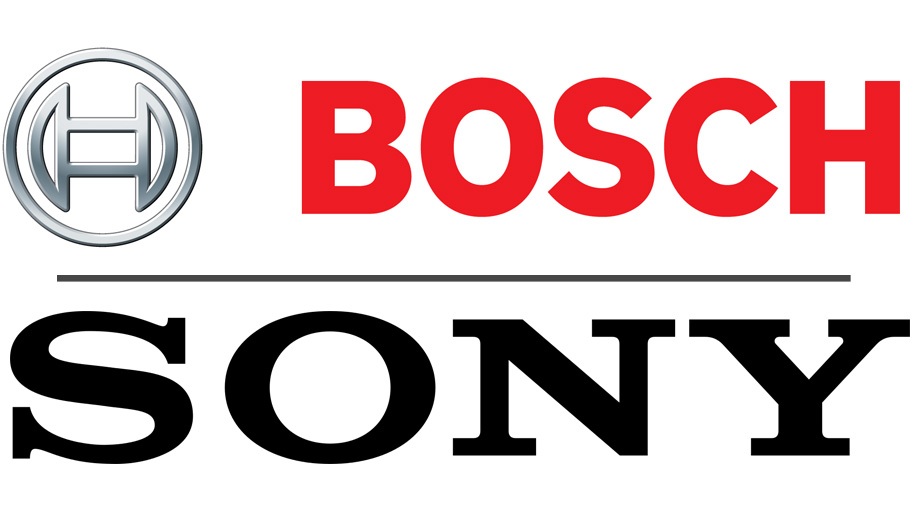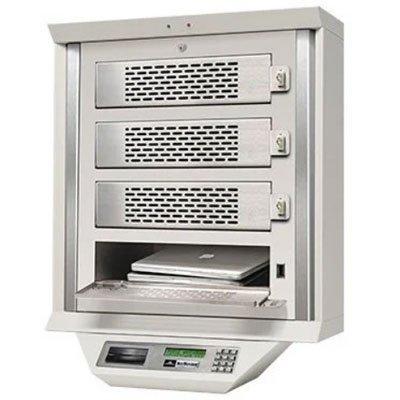Long-predicted consolidation in the video surveillance market seems to have slowed somewhat lately – no big mergers or acquisitions have been announced. However, the announced “partnership” between industry giants Bosch and Sony this week presents a new variation on the theme. No companies changed hands, but the result is one fewer player selling video equipment into the market.
In the latest deal, Bosch will handle the sales and marketing globally for all of Sony’s video surveillance products (outside of Japan). The two companies will also pool their technology expertise, leveraging Sony’s imaging capabilities and Bosch’s analytics and networking strengths. There will be joint product development.
It’s a little like the recently announced arrangement between Axis and Canon – Axis will sell and market Canon cameras (along with their own portfolio). The big difference is that Axis and Canon are sister companies, or rather, Axis is a subsidiary of Canon. So it’s “all in the family” so to speak.
Not so with the Bosch-Sony arrangement. The companies are separate and will remain so, although their video surveillance business is, in a sense, combining.
Might there be more such partnerships to come as the number of companies serving the video surveillance market adjusts to its size? Might “softer” consolidation like the Bosch-Sony deal be the next big thing and even slow down the pace of mergers and acquisitions? Time will tell, but it’s clear the benefits of such an approach might be attractive to other companies, too.
Might "softer" consolidation like |
It allows companies to play to their strengths
In the case of Sony, it allows them to concentrate on the manufacturing and technology aspects of video surveillance without continuing to invest globally in sales and marketing. By partnering with an outside company to deliver a challenging aspect of the business, Sony frees up resources to concentrate on what they are good at. It’s a more focused (i.e., cost-conscious) approach that keeps them in the video surveillance market and even provides opportunities for growth. Meanwhile, Bosch gets access to new technologies to expand their market and can continue to sharpen and expand their focus on sales and customer service.
It allows large companies to manage their role in smaller segments
Both Bosch and Sony are huge – much bigger than their presence in the video surveillance market. Although healthy, video surveillance is only a fraction of each company’s business. So it comes down to how to minimise costs while maintaining a presence in a profitable market. For Sony and Bosch, at least, that involves cooperating for the greater good. Meanwhile, both industry giants remain separate.
It creates critical mass
The video surveillance businesses of both Sony and Bosch are smaller than the industry’s largest players. Combined, they will have a larger presence in the market to compete with the likes of Hikvision and Axis.
Sony’s technology superiority |
It enables focus on more profitable segments
In a market facing increasing commoditisation, both Bosch and Sony are known as “premium” brands. Neither wants to compete on price, but rather to maximise their success in segments where they can add value customers are willing to pay for. (Might that pool of customers be shrinking given commoditisation?) Sony’s technology superiority commands a premium, as do Bosch’s technology capabilities and focus on customer service and support. Putting them together provides an even stronger value proposition.
It’s easier to implement than an outright merger
It goes without saying that an industry partnership is a less drastic step than a merger or acquisition. For a big company, selling just part of the business is a big step and can become complicated. This would especially be true of a company like Sony, whose core imaging capabilities are closely aligned with the technology needs of the video surveillance market. Separating them out would be complex, if not impossible. It just makes sense to leverage Sony’s video expertise in the surveillance market; the only question is how. Having gone down the route of managing its own sales and marketing infrastructure worldwide, Sony is now opting for another approach. Selling the business would have been much more complicated. (Although the new partnership is subject to approval by antitrust authorities.)
Our market is a business of partnerships – among manufacturers, integrators, installers, consultants, and even customers. Those partnerships have historically taken many forms. The new announcement from Sony and Bosch highlights a new kind of partnership, and may be a hint of more to come in our consolidating market.










































